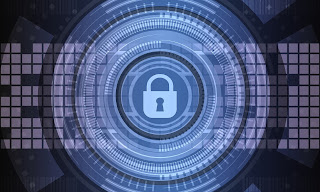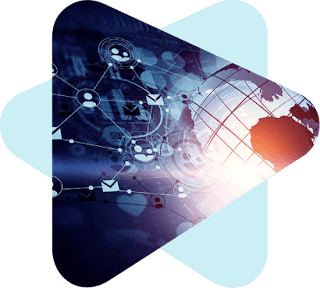Transitioning To The Cloud: Some Aspects To Conside

While businesses work hard to ensure that their cloud services follow the highest security requirements, when transitioning their applications and infrastructure, they fail to adhere to the same procedures. Companies must adopt a prompt approach to preventing and addressing security oversights during their cloud transition, focusing on enhanced training and technical controls. Only with the right combination of resources and policies can companies and their employees safely transition into the cloud. Hardware-Based Risks When it first entered the corporate lexicon, IT practitioners used the word shadow IT to refer to unauthorized hardware operating in their business setting. Shadow IT has shifted from hardware to software over time. When they were weighed down by the absence of an important function, workers would use their own tools under the radar. Businesses, lacking official guidance or enterprise-grade authentication, were exposed to unknown risks these apps would bring to ...






